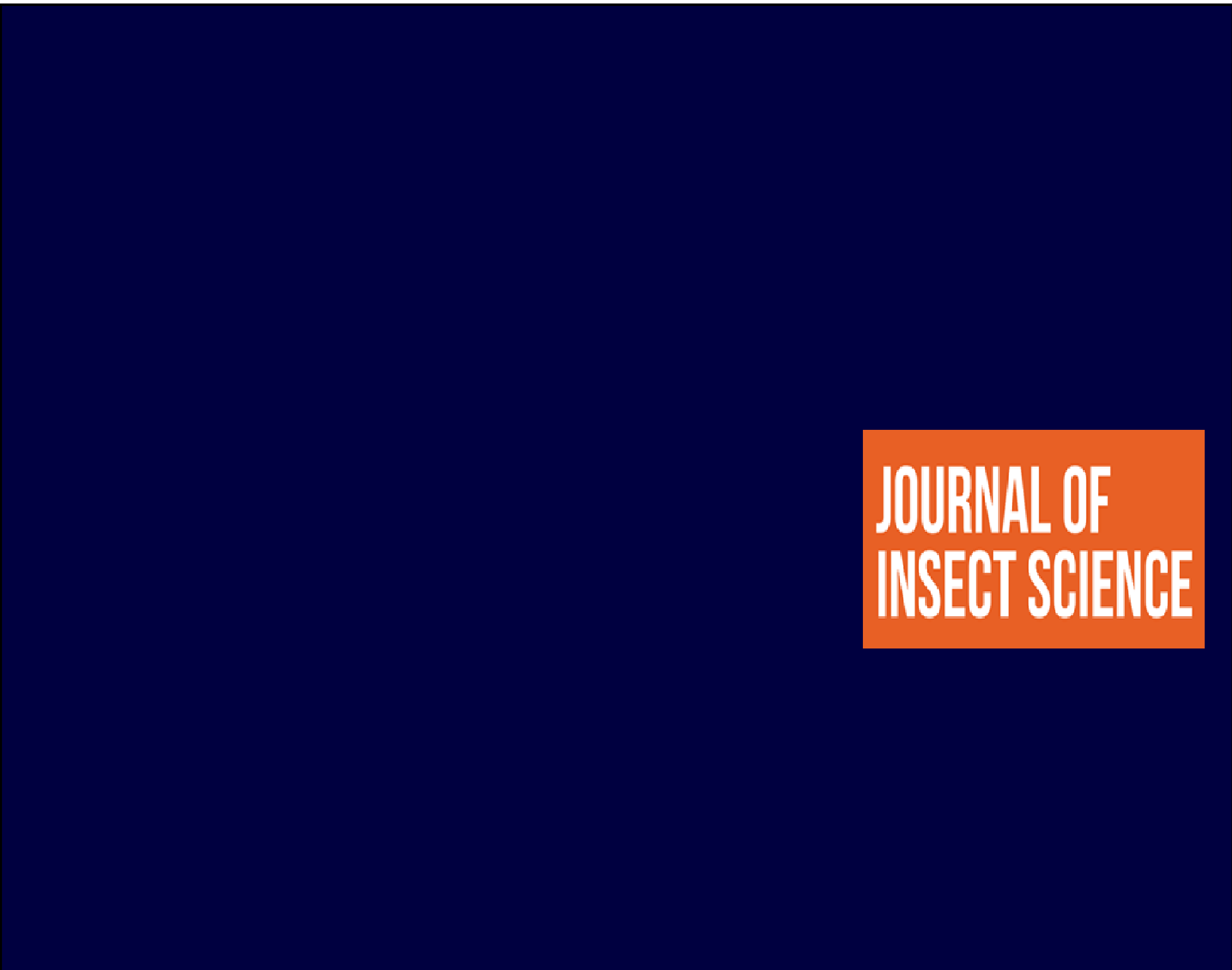Dear Colleagues,
After the approval that was given by the European Commision in 2017 (EU Regulation 2017/893) for the utilization of insects in aquafeeds in aquaculture, there was an abrupt increase in the research that is carried out towards this direction in many parts of the world. In fact, this research is not only related with aquaculture, but also it is important for the use of insects as feed for other animals as well, such as poultry, swine and many more. Furthermore, there are many recent publications that examine the consumer’s acceptance for potential food products that contain different forms of processed insects.
Insects are indeed a food source rich in proteins, antioxidants and polyunsaturated fatty acids, which constitute them important nutrient sources. After long discussions, EFSA gave the “green light” for the
utilization of seven species, two Coleoptera, two Diptera and three Orthoptera. Interestingly, all of these species are considered pests of stored products, agricultural commodities or food, and paradoxically, some
of them are of particular importance for human and animal health. Apart from their utilization for food and feed, insects can further contribute in waste management, as they are effective decomposition agents in
many types of substances, of both plant and animal origin.
Based on the above, we would like to pursue this subject through a Special Issue of the Journal of Insect Science, under the title: “Insects for Food and Feed: if you can’t beat them, eat them!” In this regard, papers on the following indicative topics are more than welcome:
Population growth/mass rearing studies for key insect species that are used for food and feed.
Utilization of insects for food and feed, through case studies (e.g. aquaculture fish development indicators etc.).
Risks and benefits that are associated with the use of insects as food and feed.
Consumers’ behavioral studies towards food and feed that contain insects and socio-economic aspects.
Utilization of insects for waste management and protein production.
Regulatory and legislation issues related to insect consumption for food and feed.
Nutritional attributes of insects as food and feed.
We are looking forward to start receiving submissions on this exiting topic, which is expected to trigger further research in the following years, and support the already developed industry in the field.
The deadline of the submissions is March 30, 2020. All submissions will go through the reviewing system of the Journal of Insect Science, and will be published in a Special Issue before the end of 2020.
So: Insects for Food and Feed: if you can’t beat them, eat them!
Sincerely,
Christos G. Athanassiou, Subject Editor
Christos Rumbos, Guest Editor
